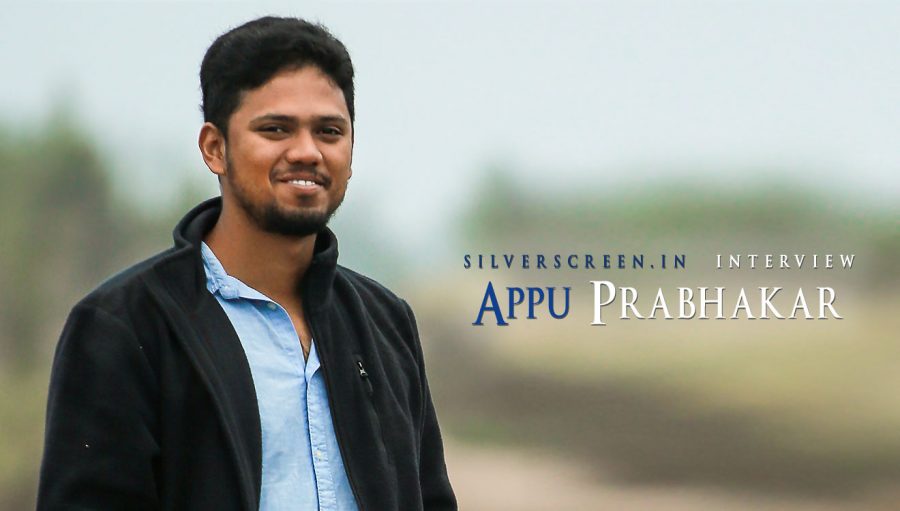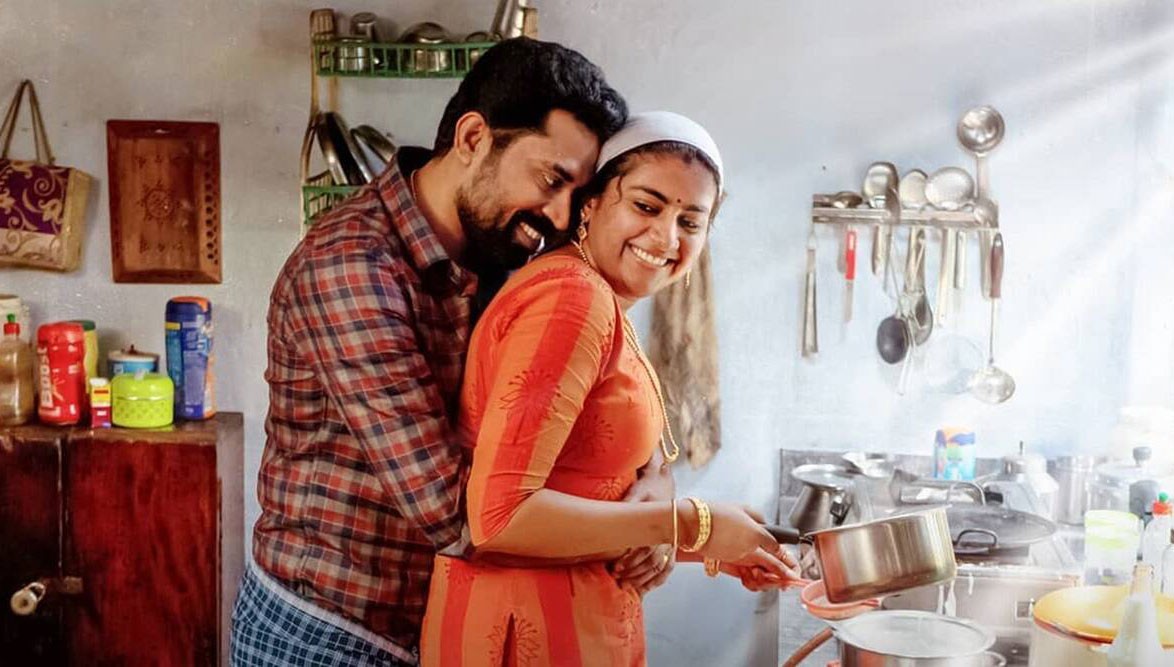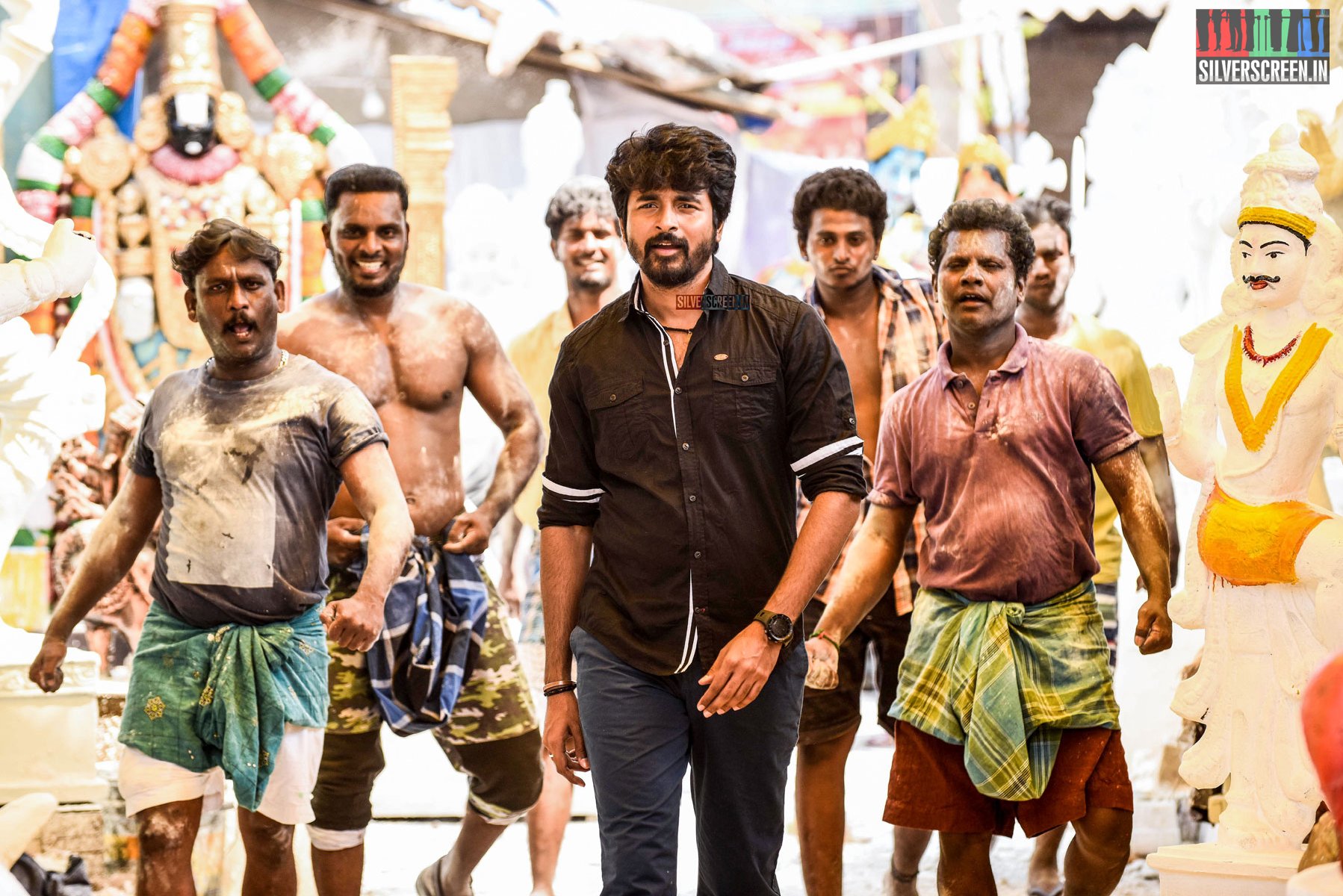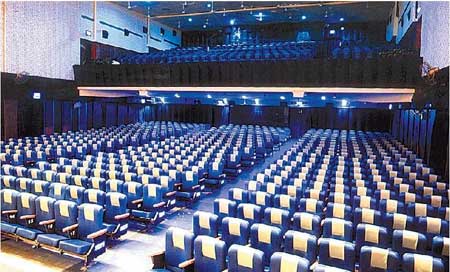Appu Prabhakar, winner of the Best Cinematography Award (non-feature) for Eye Test at the 65th National Film Awards, is in the middle of a new project. Our conversation is brief, but it is evident that for Prabhakar, working with cameras – be it for a short film, feature, advertisement or a music video – is a passion whose roots lie in still photography that he pursued after a degree in engineering.
Prabhakar’s first job was in Dharwad – an assembly-line manager, he put in 12-14 hours at work with little energy left for anything else. Over time, he managed to bridge the gap between his profession and passion, and how!
Excerpts from an interview:
You have an engineering background. How did you shift towards filmmaking?
The shift from engineering to cinematography was a gradual process. In my first job, I used to think of ways to pursue my interests. I wondered if I could make a living out of photography. Sometime then, it dawned upon me that I had always been interested in cinema, but I never thought I could make a career out of it. During my part of a film club where films would be screened every month. I wondered if I club education and films, and that’s how I wrote the exam for the Satyajit Ray Film and Television Institute.
What was it like working in CIA and Eye Test – two completely different projects?
I was working as second unit cameraman in CIA. Eye Test was shot last May. In between, I assisted in Venu sir’s Carbon for the first schedule, working under KU Mohanan. Working on commercial and short films is quite different – you don’t shoot them the same way. CIA was an industry-driven film; it was in a different space. Eye Test is more like a bunch of friends working. It is not a commercial film and we shot it accordingly using a Prosumer kind of mirrorless camera. The difference lies in the way you deal with the script. For a commercial film, you follow a certain cinematic grammar, but for a film like Eye Test, you are free to experiment. In commercial cinema, you can’t experiment much, as the machinery of that genre works in a particular manner. I enjoy doing both, but, sometimes, a film like Eye Test is far more enjoyable.
How did you communicate with the director to design a visual strategy for Eye Test?
The script itself was quite visual and had detailing. It was easy to find costumes and locations that fit the description. Many portions in the film were adapted from the director’s (Sudha KF) own experiences, so there was a personal element too. The mood was conveyed, and that made communication easier between the two of us.
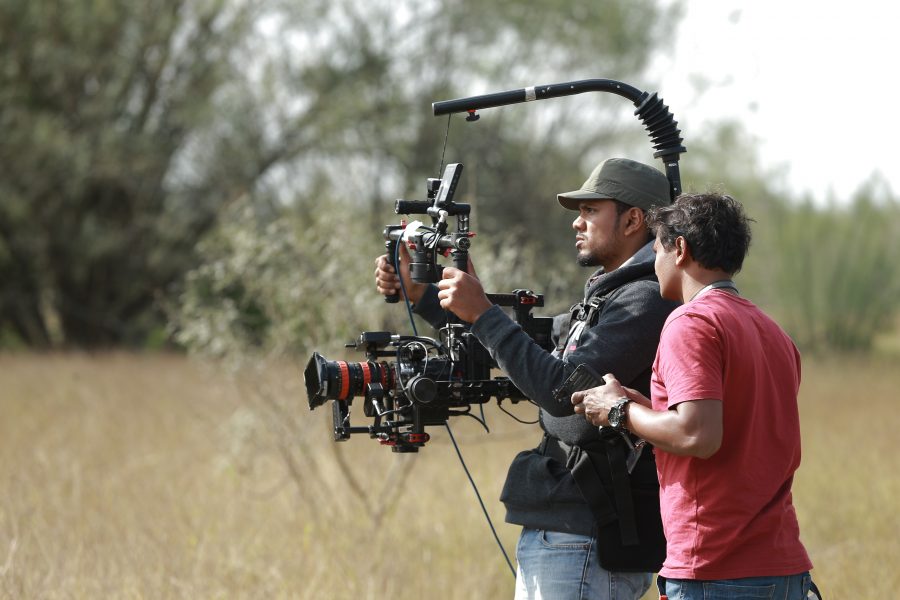
Could you name some of your influences? Whose work do you admire?
I admire a lot of people, but, over a period of time, I have come to look up to cinematographer Venu’s body of work. His range and approach to cinema has influenced me. I gravitate towards that kind of dedication. I admire Roger Deakins for his consistency and how he has maintained it over decades. Even after reaching the age of 68, he continues to better himself.
What was your most challenging project and why?
I have not done that many films, but I think a constant challenge is to make the mundane look interesting. When you’re out of motivation, you need to focus on something and make sure that it is right, even if every other department is going haywire.
What do you think of the current state of cinematography in mainstream and world cinema?
In commercial films, you tend to focus more on the stars – be it the heroism of the stars or the flawless skin tone. The focus is on the lighting and angles. But, if you see European cinema, the idea is to set the mood of the film using a certain visual language and journey in that. This includes decisions on lensing, choices of colour, the nature of the camera movement and, most importantly, from whose point of view the story is being narrated. A film like The Revenant, for instance, has a certain look and feel that is maintained throughout. Here, you find too many styles of camerawork in the same film, making it a hodgepodge of styles.
Do you see a shift in viewing sensibilities?
Different people have different expectations of a film. The guy who goes to the theatre to just forget about his life for sometime, might choose a Rohit Shetty film. From his perspective, a Rohit Shetty film is really good. He might not like Trapped or any other independent cinema, because he seeks to have fun while watching a film.
However, the acceptance for different narrative styles is increasing. In Malayalam cinema, smaller films with better narration are getting more viewership than a star-backed film. Take Sudani From Nigeria, for instance. I feel the kind of film literacy in Kerala, or the level to which films have affected people is a bit more compared to other parts of the country. There is a growing market. But, sensibility is an acquired thing, and it will change.
What are your future projects?
Recommended
I’m in talks for a Malayalam feature film. This will be my first Malayalam commercial film. I’ve done two independent feature films before, one of them with Praveen Sukumaran, who was three years senior to me in film school. It’s in post-production now. The other one is with Saurav Rai, my batchmate. It’s a Nepali feature film and is being edited now. I shot it last month. These two might get into film festivals. I actually got the call for the commercial film the day before the National Awards were announced. I think the producer is also a little bit relieved now; they were sceptical because I am relatively new to the industry.
Have things changed after the award?
I’ve been getting a lot of congratulatory messages from the industry. But, what has really been interesting is that many of my NIT friends have been messaging me. This has provided a chance for us to have a conversation after so many years, and that makes me happy.
*****
The Appu Prabhakar interview is a Silverscreen exclusive.
